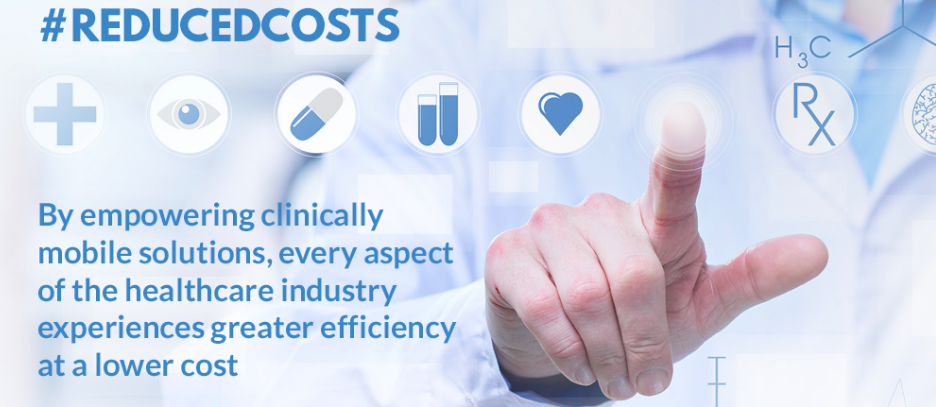Blog

How we give 963 hours back to Caregivers and save upto $96,000 a year for NICU’s
Costs associated to a Misfeed incident cannot be defined specifically as each incident can occur at different points in the administration of feeding an infant and the results of the human error can have varying effects due to the error. Effects of errors can result in contamination when improper handling and/or baby’s feeding requires Mother’s Milk to be separated into multiple bottles. Another type of error can be the mislabeling of Mother’s bottles with the wrong patient identification. The range of results from these two types of examples can lead to a life-threatening event for a preterm baby or a baby receiving the wrong Mother’s Milk which can be the cause of other health issues for the infant.
What we do know after implementing our Mother’s Milk Solution is that at the critical workflow steps, the use of smart scanning and data validation have eliminated the need for dual checks by nursing staff by identifying against a barcoded system that contains patient name, medical record number and birth date. By eliminating the need for a bedside double check by two nurses (RN’s) to prevent a misfeed can be calculated.
From the study(1) An estimated time savings of 963 hours per year in nursing time based on the elimination of the two-person double check and improved charting efficiency was documented after implementing smart bar-code scanning and data validation. The savings result in around $96,300.00 per year for a reduction in 2 staff person or 1340 hours available for other patient-care duties. Time savings extended beyond the 365 hours per year for direct centralized breastmilk handling duties. The Nutrition Lab will save 1,052 hours per year based on not having to double staff at non peak times and from the reduction in calls to check breast milk inventories. The resulting total time savings is 2,380 hours per year for the organization, with 1,040 hours completely eliminated for a cost savings and 1,340 hours available for other patient-care duties.
The smart scanning from the baby’s wristband for printing of milk bottle labels for Mother to place on her milk bottles demonstrated the ease of use for Mother and nursing staff and demonstrates the safety benefits associated with reducing potential human errors during the administration of NICU feedings.
In addition when the misfeed incident reaches a level that needs to be reported to governmental agencies the costs associated to these types of cases can be extensive. The governmental agency will respond with their audit and the hospital will need to present their corrective action plan which in most cases results in re-training of staff and a full review of the work flow for performance-improvement initiatives that will be adopted which can include additional technology solutions and/or modifications. These events are often multiple years in duration and include senior nursing management and external professional service organizations. The costs associated with this level of incident can reach up towards $100,000.00 in expenses paid and time taken from senior management to respond and nursing staff to execute the details of the corrective action plan and possibly governmental fines in additional costs.
When current large-scale hospital wide systems need to be modified due to the high volume of manual ‘work arounds’ that are instituted by the nursing staff to prevent misfeeds can reach anywhere from $60,000.00 to $100,000.00 plus. These large scale hospital systems modifications can take over 6 to 8 months to implement and sometimes longer if the software vendor does not set a priority on the manual work arounds solution that a specific NICU wants to eliminate. Large scale hospital systems define their software releases and their content by their current market needs and may not view the NICU as a large enough market for recouping their costs in research, development, and support.
Mother’s Milk mobile app focuses on the critical workflow steps needed for nurses. Rapid Healthcare has dedicated its design and development expertise to provide the NICU with a feeding solution that recognizes the highly specialized care required for our sickest infants. We value the nurses who care for our smallest and most delicate infants. We are committed to our nurses and to their workflow, we do not dictate their workflow we accommodate their best practices to achieve their patient safety standards.
Our goal at Rapid Healthcare is giving nursing staff peace of mind that they have a solution that is easy to use and provides the benefits eliminating misfeeds and giving valuable time to our caregivers in the NICU environment.
Happy Nurses Week 2018!
Source: (1)Steele, Caroline, Amanda Czerwin, and Christine Bixby. “Breast Milk Bar Code Scanning Results in Time Savings and Staff Efficiency.” Journal of the Academy of Nutrition and Dietetics 115.1 (2015): 23-26. Web.
(2)Steps to Optimal Care: Use of Barcoding, Milk Technicians, and Centralized Milk Preparation for a Better NICU by Bri Ziganti
